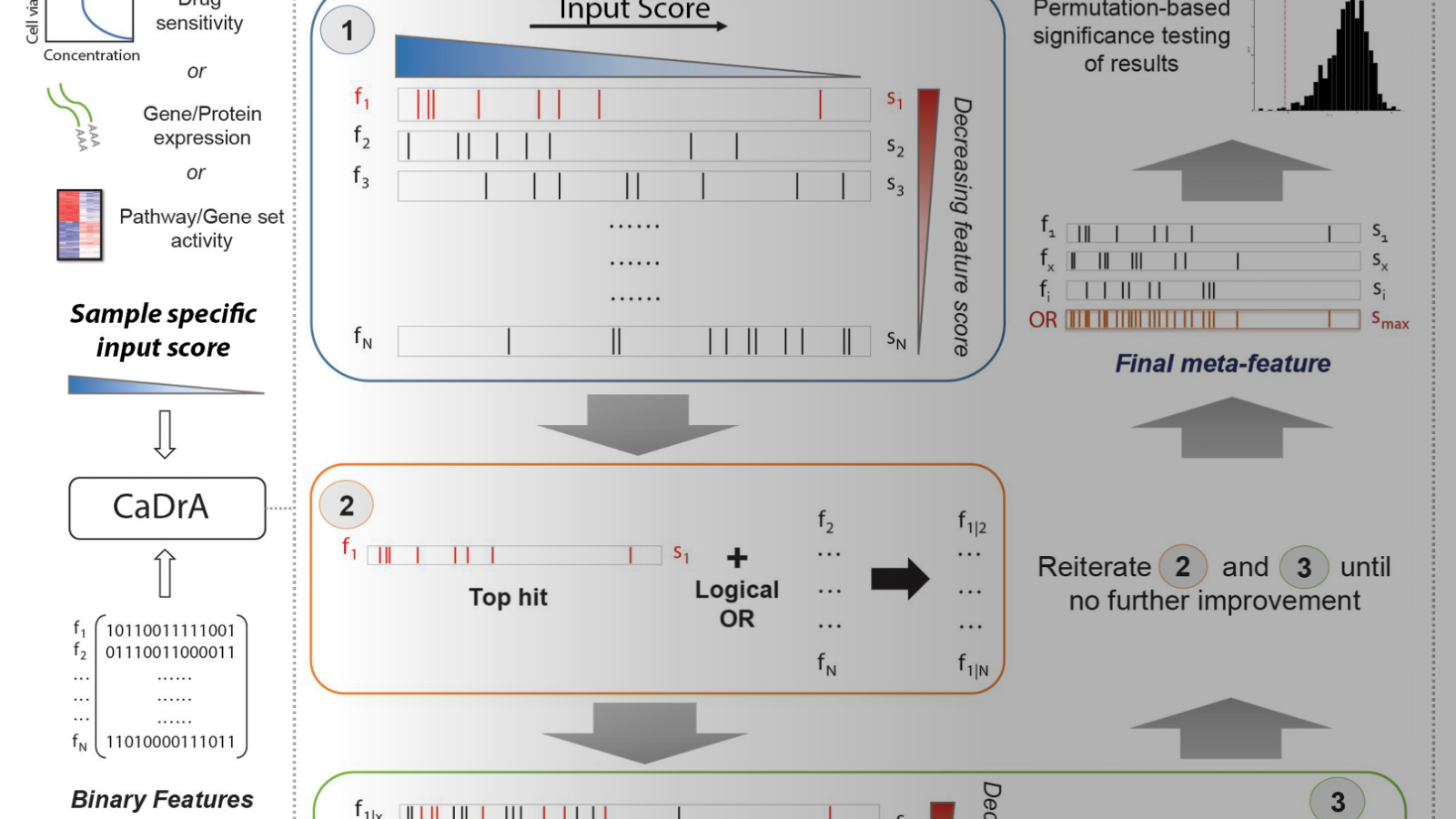

The Monti Lab integrates systems biology, machine learning, and bioinformatics approaches to investigate the molecular drivers of human disease, with the goals of advancing prevention and care. This multidisciplinary effort relies on the development of novel computational methodologies, and on the design of experiments based on the generation and integrative analysis of high-throughput multi-omics data, with the goal of identifying novel therapeutic targets and developing accurate diagnostic and prognostic biomarkers. Specific areas of research include the study of the molecular mechanisms of tumor initiation and progression and of the role played in it by environmental exposure, as well as the study of the biological factors contributing to healthy aging and extreme longevity.
In this video Reina Chau, a Senior Bioinformatics Scientist working in the Monti Group at Boston University describes their team's work.